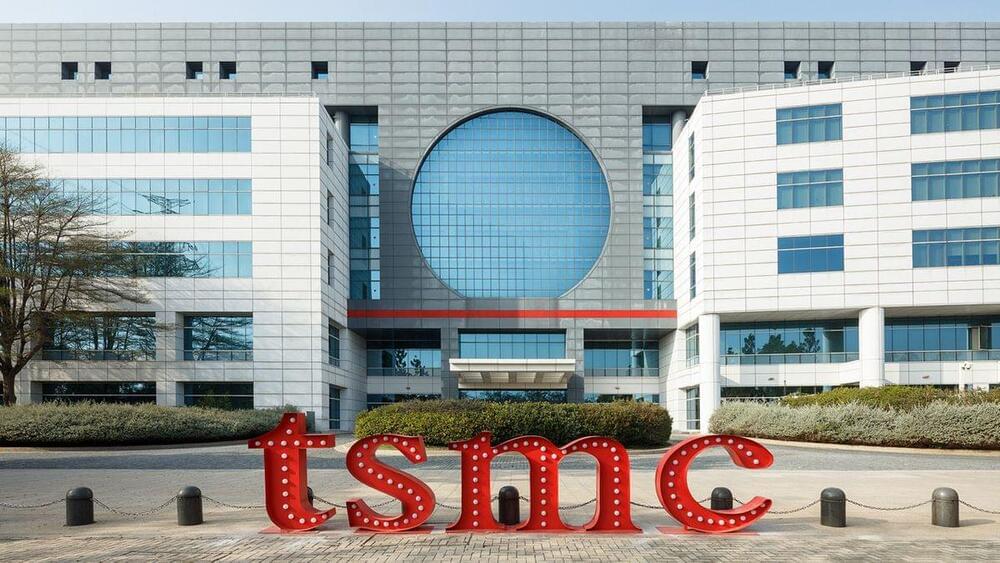Indeed, the costs of building fabs in Germany, Japan, and the U.S. are higher than the costs of building fabs in Taiwan and TSMC has complained about it a number of times in the past. The company even had to delay production start at its Fab 21 near Phoenix, Arizona, due to problems with tools installation and negotiations with trade unions.
Therefore, if a TSMC customer wants to produce its chips at a specific location, then the foundry will charge a premium. How high is that premium will be remains to be seen, but last year a media report indicated that chips made in Arizona on TSMC’s N5 and N4 production nodes could be from 20% to 30% more expensive than the same chips produced in Taiwan.
Due to higher construction and operational expenses of fabs in Japan, Germany, and the U.S., TSMC plans to transfer these additional costs to its customers to sustain its target gross margin of 53%. Although American chip designers may not welcome the increased production costs in the U.S., they will probably manufacture chips intended for government and other markets less sensitive to price increases at the Arizona facility. Consequently, they should manage to pass on these higher costs to at least some of their end customers without jeopardizing their market competitiveness.









Comments are closed.